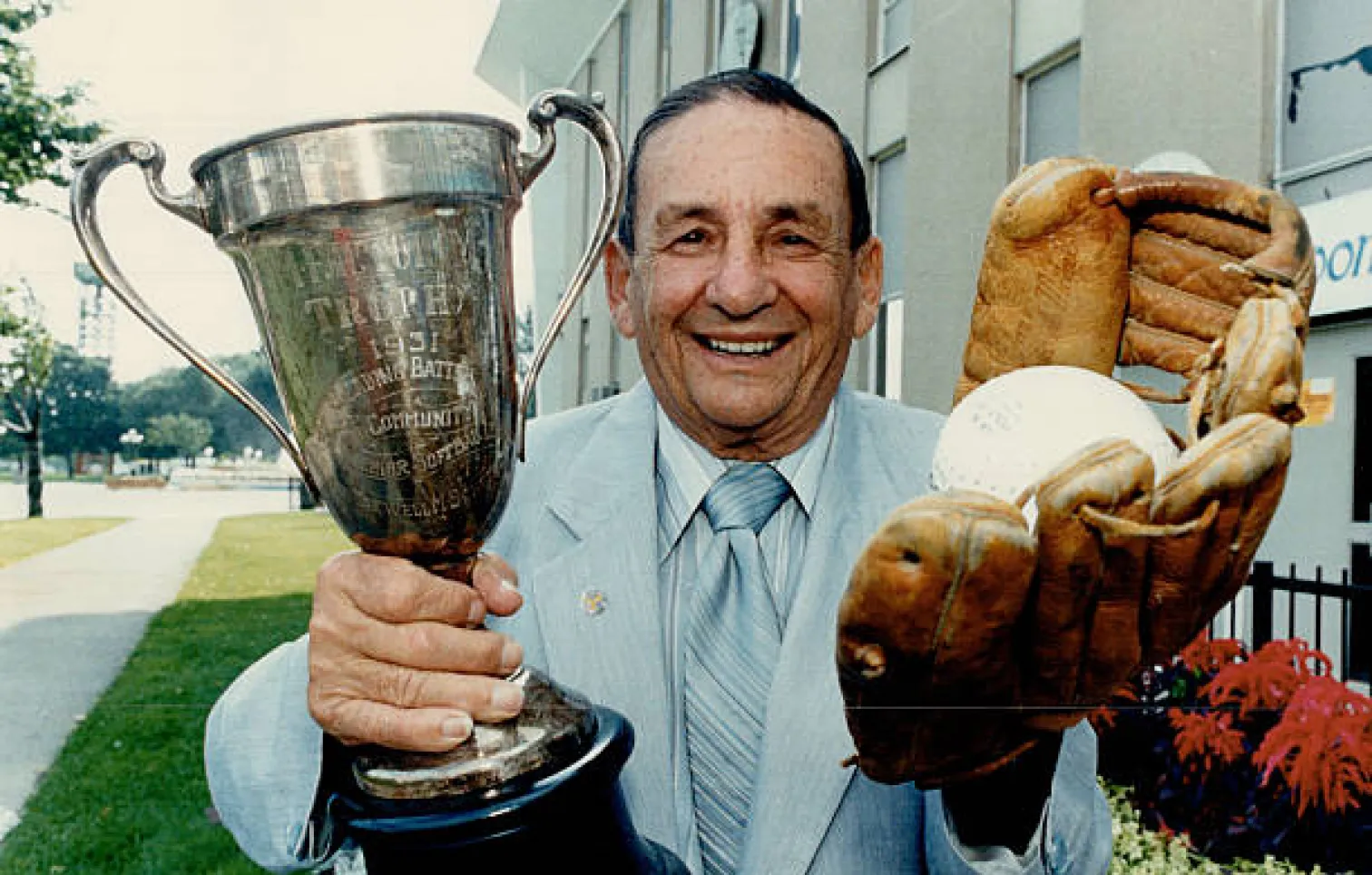Let's face it. It's not often you can find anyone with kind words to say about a baseball umpire. They make decisions about balls and strikes and who's safe and who's out, and if you take exception to their rulings, they'll toss you out of the game.
Which is one of the reasons why Downsview's Max ("Maxie") Scheff is so remarkable. He possibly umpired more softball and baseball games in Ontario than anyone else in the latter half of the 20th century, but you'd be hard pressed to find anyone with an unkind word to say about him.
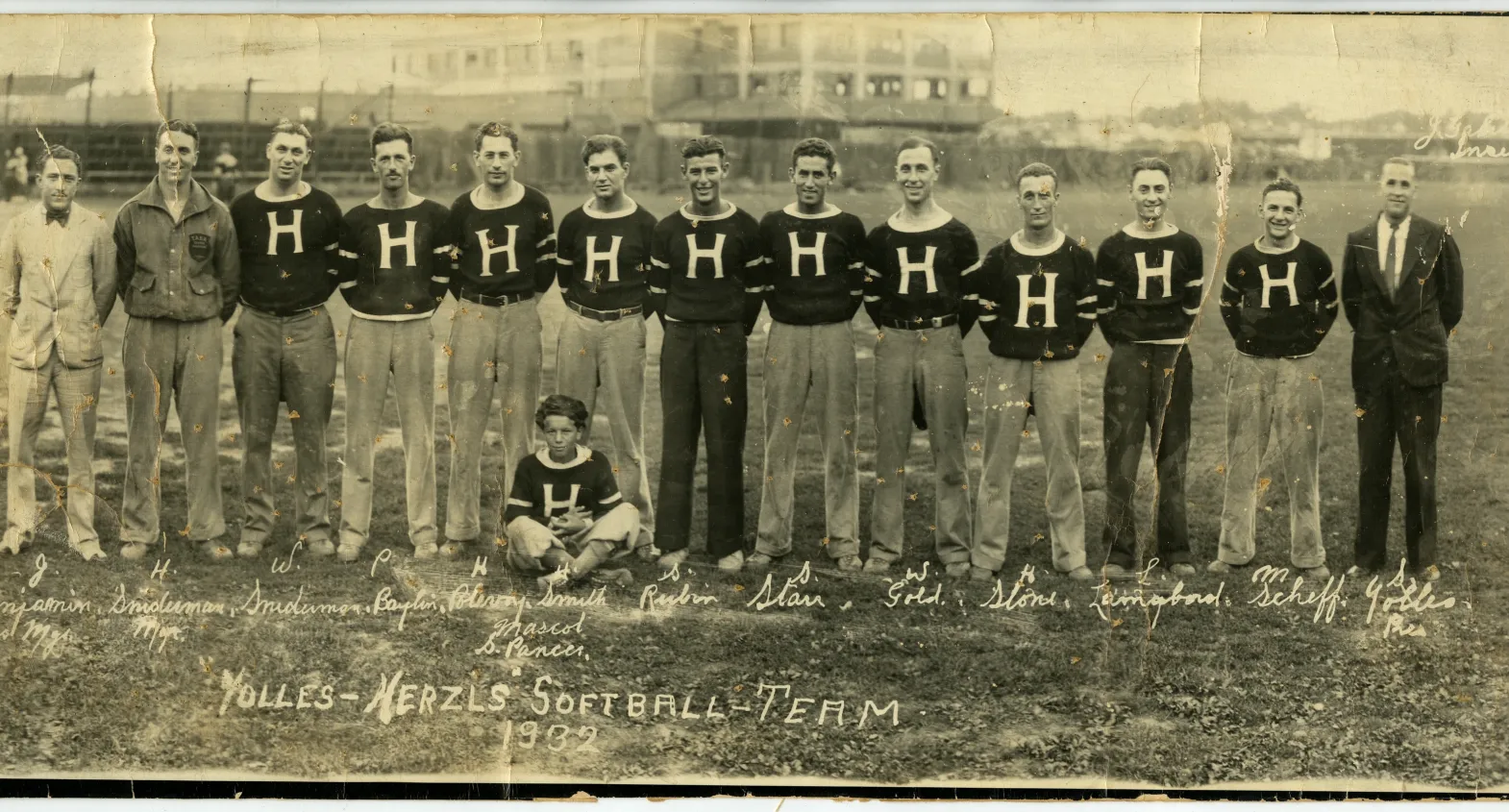
Maxie Scheff was born in Toronto in 1910. He grew up on Montrose Ave. near Trinity-Bellwoods Park, but his family eventually joined the northern Toronto Jewish migration and settled on Shelborne Ave. in the Bathurst-Lawrence neighbourhood.
When he started his own family, Maxie moved even further north, to Horsham Ave., on the eastern fringe of Bathurst Manor.
Although only 5’4” tall, Maxie excelled at all sports, but baseball was his great love. He started playing hardball for the Jewish Community League at Trinity-Bellwoods, and played for the famous Lizzies playground team (named after the Elizabeth St. playground where they first played). One of his teammates was future major leaguer and Toronto Jewish sports hero “Goody” Rosen. Maxie won a provincial championship with the Lizzies in 1929.

In his 20s, he switched to softball, and that would remain the focus of his athletic life for more than 50 years, as both a player, and eventually an umpire. He was widely known as “Mr. Softball.”
He served as Ontario’s Umpire-in-Chief from 1935 to 1960. He umpired for hundreds of men, women, and children’s games across the province and organized umpire clinics across Canada.
He officiated at the Cleveland World Championships for two seasons and called the final game in the 1947 tournament. He was umpire in chief for the CNE from 1936 to 1980. He was tough behind the plate (his nickname was “Little Napoleon”), but always fair.
And he never slowed down. Months before his death in 1986, he was still organizing tournaments at the CNE.
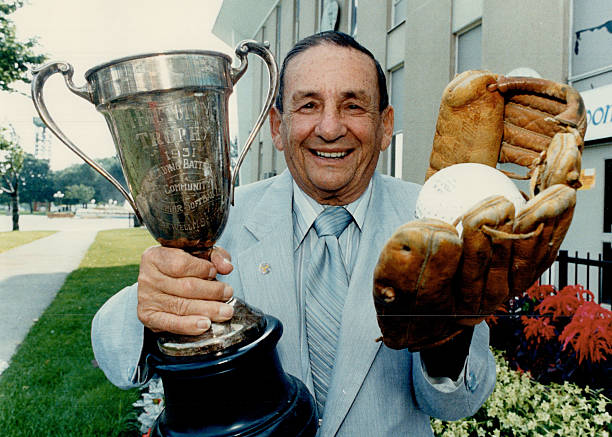
“Most people read history, Maxie Scheff writes history,” Rabbi David Monson eulogized at his funeral. “He was a ‘gesher,’ a bridge between European Jewry and the future. It was only fitting he was called “Mr. Softball.” He was soft, tender, smiling, and cheerful.”
More Stories
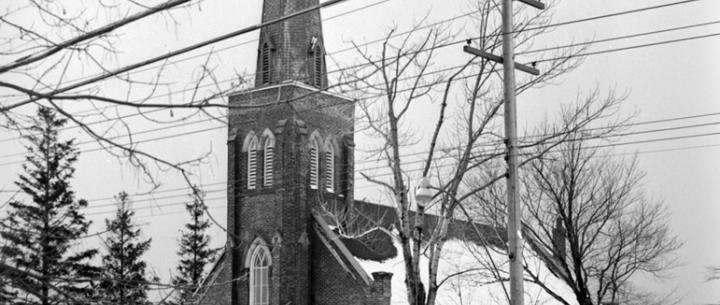
Downsview United Church
Downsview was growing quickly in the years before Confederation, and local churches struggled to keep up with a growing number of worshippers.
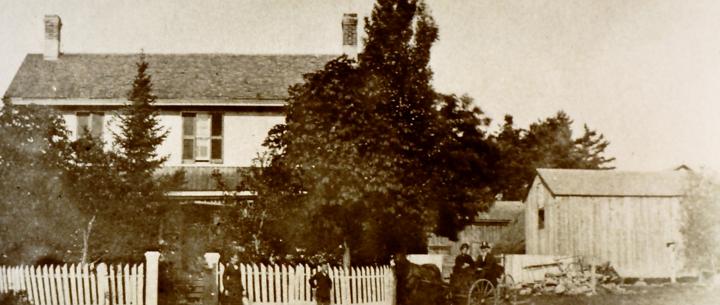
Early Irish Settlement
Many of the first European settlers to arrive in Downsview came from Ireland in the 1830s. They cleared fields, built homes, and farmed on large parcels of land in the area that would now be known as Sheppard and Dufferin but, at the time, was called Dublin Village.
